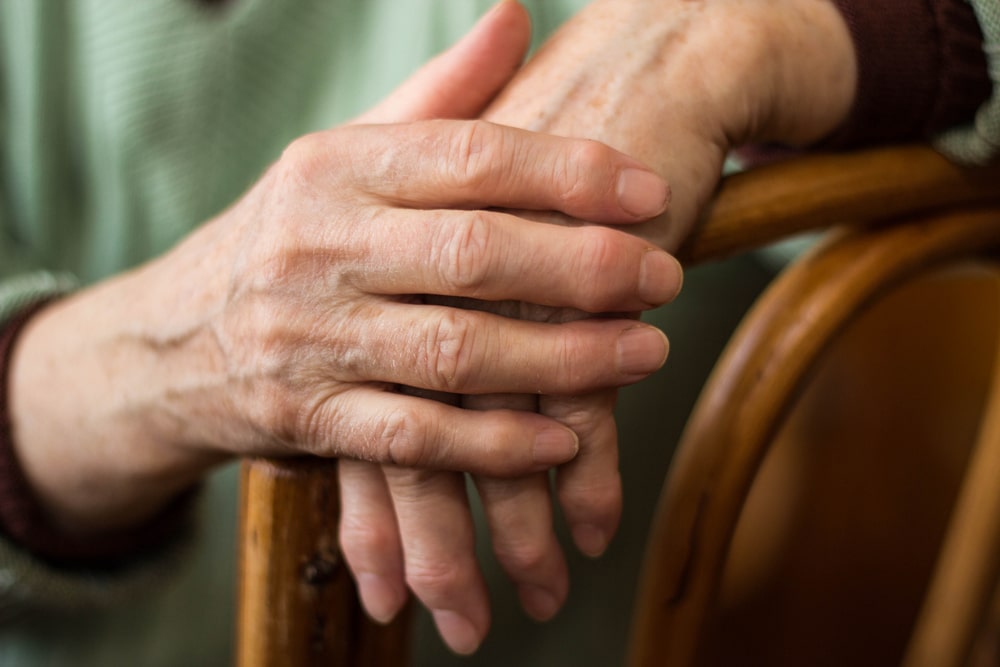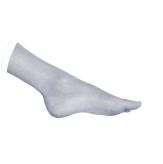
Rheumatoid arthritis is when a joint, such as the ankle or hand, becomes inflamed. While inflammation is normally used as a defence against viruses and bacteria after an injury, people with arthritis have this inflammation with no obvious reasons and attacks the membrane that line your joints. Inflammation in an injury normally dies down after the healing process begins but for rheumatoid arthritis sufferers, it can become a chronic (long-term) condition that has to be managed.
Those suffering from rheumatoid arthritis will likely experience:
- Fatigue
- Joint pain
- Tenderness of the joints
- Warmth radiating from the joint
- Stiffness
- Reduced range of motion
- Deformities
- Anemia
- Fever
For those who are already suffering, rheumatoid arthritis could potentially damage other parts of the body, including the eyes, lungs, heart and blood vessels.
While doctors and scientists don’t know what the trigger is for the inflammation that causes arthritis, there are a number of common factors. So, if you haven’t got rheumatoid arthritis, what is the likelihood that you will get it
Age and Sex
RA can be found in every age bracket but it is more likely to develop with age. Women are 70% more likely to get RA compared to men and are usually diagnosed with it when they are in their 30s, 40s, 50s and 60s. Diagnosis within men happen at a later age but can still occur at a younger age.
Genetics
Scientists have long thought that since the immune system (the system that controls inflammation) is partly controlled by genes, that rheumatoid arthritis is hereditary. They have identified a number of genes that increase the likelihood of developing RA. Once such example is HLA – a gene that is responsible for distinguishing the difference between your body’s protein and that of a foreign contaminant. If a person has this gene marker, they are five times more likely to develop RA. Other gene markers include STAT4 (regulates and activates the immune system) and TRAF1 (partly causes chronic inflammation). It is important to note that those with these genetic markers will not necessarily develop RA.
These genes are also found in other autoimmune diseases, such as type 1 diabetes and MS.
A study has found that genetic factors attribute 53%-68% to the causes of RA after observing identical twins (as they have the same genes).
Because genes are linked to RA, if your immediate family (parents or siblings) have RA, then you are three times more likely to develop it too.
Environmental and Behavioural Factors
The remaining risk of RA is caused by the environment and your behaviour. While there are so many different factors to consider, there are a number of recognised external factors that increase the likelihood of developing RA.
Environmental factors include:
- Air pollution
- Exposure to insecticides
- Exposure to mineral oil
- Hormonal issues – women who are pregnant usually have RA go into remission.
- Other medical conditions – while no single infection causes RA, many cases begin a few weeks after an infection.
Behavioural factors include:
- Obesity
- Injuries to joints
- Infection
- Occupation (jobs that increases the pressure to joints)
Because of the vast amounts of factors to consider, it is impossible to quantify.
Overall, while many of our readers will likely have a factor that increases their likelihood of developing rheumatoid arthritis, it doesn’t necessarily mean you will. Still so much is unknown of the causes and how it affects the immune system to initiate the inflammatory response. It’s unlikely to be a single cause and rather a mixture of genetic, hormonal, environmental and behavioural factors. However, if you are worried about rheumatoid arthritis then get in touch.
Connect with London Bridge Orthopaedics on Facebook, Twitter and LinkedIn!









